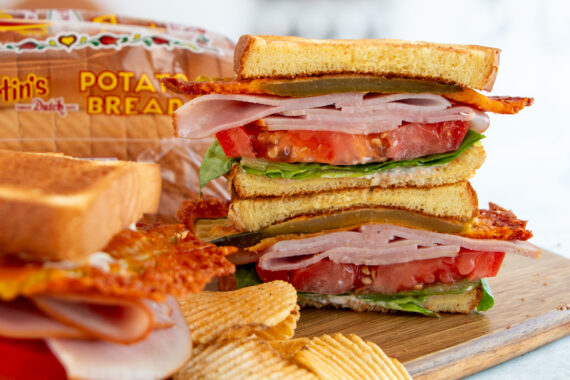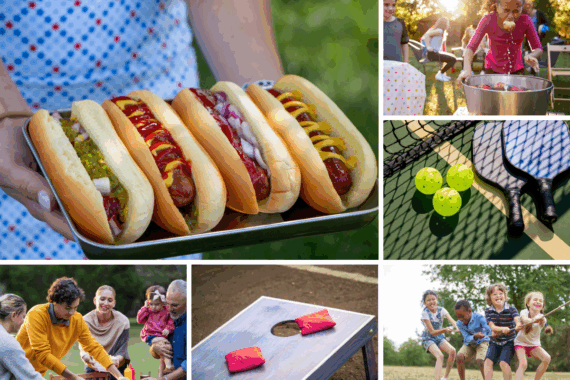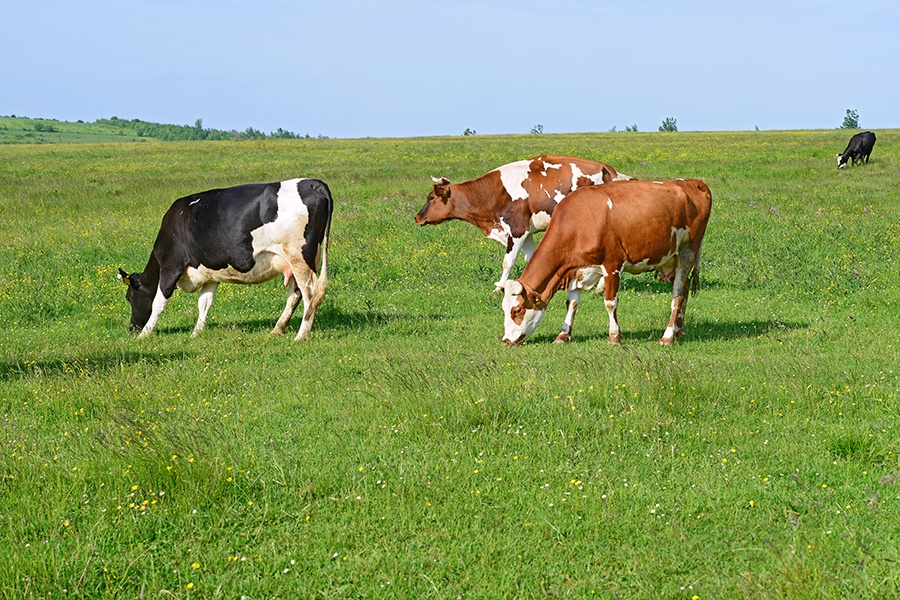
Today is Earth Day—a great reminder to do our part in caring for our surroundings and being good stewards of our resources. While this is something we should be mindful of year-round, it helps to have a day to focus in on these efforts with a fresh perspective.
Earth Day was founded in 1970 as a means of raising awareness about environmental concerns and drawing community involvement. According to the Earth Day Network, it is the largest secular civic event in the world. Today, 174 countries and over 1 billion people are said to be involved in Earth Day activities.
Here are some easy ways to help out this Earth Day, and throughout the year:
- Get involved! – Many cities host Earth Day celebrations. Visit https://cleanup.earthday.org to find a local community cleanup event to participate in this April.
If you’re local to south-central PA, here are two events to check out:
- https://events.dcnr.pa.gov/event/earth_day_celebration_7338#.XLeLHS7waTx
- http://www.washtwp-franklin.org/2019/03/30/earth-day-event-saturday-april-27-2019
- Pick up litter. – If you see it, pick it up. See if your state has programs like Adopt-A-Highway, where you can volunteer to pick up litter along the roadside. (Learn about Pennsylvania’s program at PennDOT.gov.)
- Carpool, walk, or ride a bike. – Save gas by carpooling or taking an alternate mode of transportation when possible.
- Go paperless – In today’s tech-savvy society, there are many ways to cut down on paper usage. Consider switching your bills to e-bills, choosing email receipts over paper, and opting for digital versions of files and important documents.
- Recycle – This is one of the three R’s of good environmental stewardship. Try to recycle whenever possible—always check for the recycle symbol on packaging materials before throwing them out. Most paper, cardboard, glass, aluminum, and many plastics can be recycled. (Did you know Martin’s bread bags can also be recycled?) Find out which materials your curbside recycling program will accept, then research locations that will take the remaining items.
There are even special collection centers and programs for things like batteries, cell phones and electronics, plastic grocery bags, used tires, and household hazardous waste. Be sure to research facilities near you that may accept these items. (You can even recycle used markers through Crayola’s ColorCycle program.)
Find more information on recycling at https://www.epa.gov/recycle.
- Plant a tree. – Trees help the environment by providing shade (and reducing energy spent on air conditioning), improving air quality and water absorption, and much more!
- Limit plastic water bottle use. – Instead, buy a water filter and reusable thermos to filter tap water for drinking.
- Opt for paper or reusable bags at the grocery store. – While many stores have collections for used grocery bags, people often wind up throwing them away because they are not accepted by most curbside recycling programs.
- Plant a garden – Check out our Homegrown Resource Page for some gardening tips. https://potatorolls.com/blog/homegrown-resources
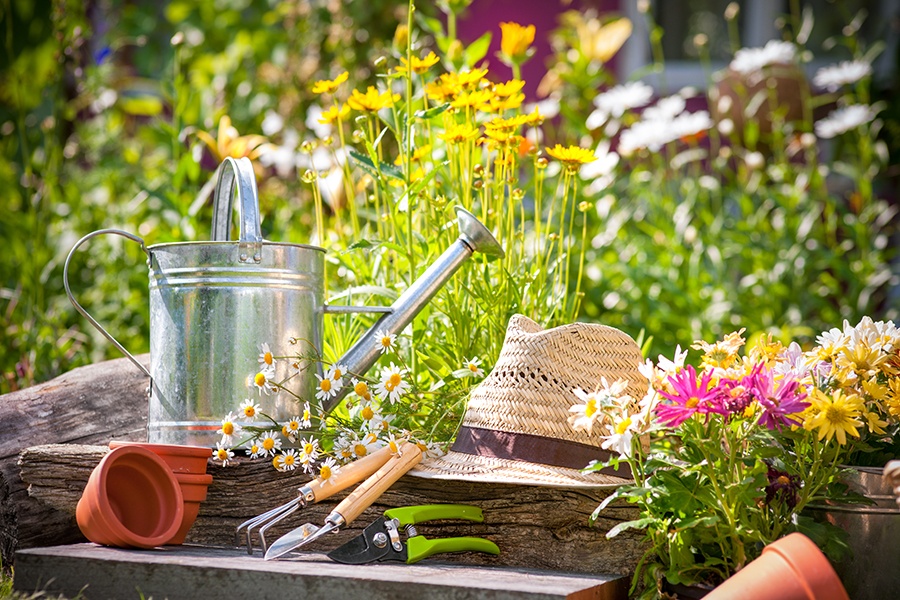
- Turn off lights. – Reduce energy usage by remembering to turn off lights when you exit a room. Also try to take advantage of natural sunlight when available, by opening window blinds.
- Fix leaky faucets. – Did you know that an average household’s leaks can account for nearly 10,000 gallons of water wasted every year? Not only does addressing any leaks prevent this, but it also saves you money on your water bill! Learn more at https://www.epa.gov/watersense/fix-leak-week.
- Use rechargeable batteries. – While single-use batteries can be recycled at certain facilities, they are often disposed of instead. Make an effort to use rechargeable batteries when possible.
- Upgrade to energy efficient appliances. – Do some research into your current appliances and see if there are more eco-friendly alternatives that may help conserve energy. For example, many modern thermostats have settings that allow you to adjust the heating and cooling at times of day when you’re away from home.
- Open your windows. – In the spring and fall when the weather is nice, consider opening your windows to let in the fresh air. This can conserve energy that would otherwise be spent by your air conditioner.
- Turn off the water. – Avoid leaving the faucet running when brushing your teeth or washing dishes. Try taking shorter showers to avoid wasting water.
- Use a clothes line. – Hang clothes to dry rather than using a dryer to help save energy.
- Donate – The next time you get the urge to do some tidying around the house, consider donating items like used books, clothes, and appliances rather than throwing them out. Not only does this reduce waste in landfills, but it also helps benefit someone in need. Check out our Spring Cleaning blog for some more tips: https://potatorolls.com/blog/spring-cleaning.
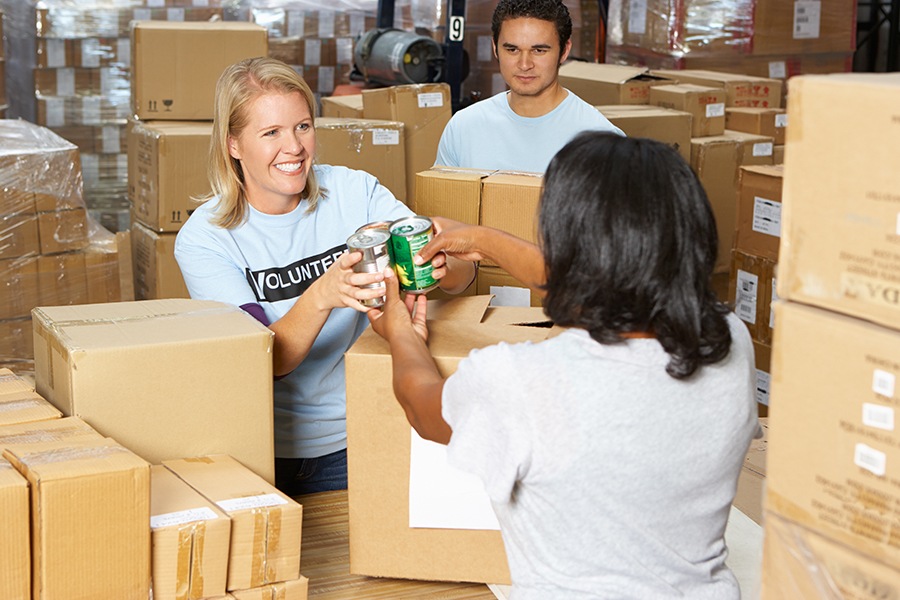
- Plan your meals wisely. – Try to plan ahead when you go grocery shopping and only buy the food you know you’ll use. When preparing a meal, consider the leftovers and repurpose them for another meal later in the week. (Find some great meal planning tips on our blog.) When selecting food from a buffet or all-you-can-eat restaurant, only take what you can finish.
- Freeze food for longer shelf life. – Many fresh and prepared foods can be frozen. If you don’t think you’ll be able to finish it in time, consider wrapping and storing it in the freezer to extend shelf life. Some ideas? Freeze overripe bananas to use in smoothies and baked goods. Many casseroles and soups freeze well and make great make-ahead meals for busy week nights. You can also freeze Martin’s bread and rolls if you are worried about them going stale.
- Use reusable food containers. – Buy reusable containers to store sandwiches and snacks for school and work lunches instead of using disposable sandwich bags.
- Unplug and get out in nature. – Turn off the electronics for a few hours and spend some time in the great outdoors. Go for a hike, visit a local park or wildlife reserve, or have a picnic. Check out our blog for some more ideas: https://potatorolls.com/blog/picnic-perfect-summer-recipes.

- Get to know a farmer. Visit a local farm or make an effort to buy produce from your local farmer’s market. By experiencing first-hand all the hard work that goes into growing produce and raising livestock, you’ll come away with a greater understanding of where your food comes from. Knowing this allows us to better appreciate our resources and not let them go to waste.
- Buy local. – When you purchase seasonal and locally produced foods, it helps reduce energy and materials spent on transportation and shipping.
- Try going meat-free for a week. – Find great vegetarian recipes on our website.
- Ditch paper plates. When enjoying that juicy burger on a Martin’s Potato Roll, use reusable plates and silverware instead of disposable to cut down on waste.
- Switch to reusable materials. – Use hand towels, wash cloths, and cloth napkins instead of paper towels. Opt for sponges instead of cleaning wipes.
- Don’t let food go to waste. – It is estimated that 30-40% of food in the United States goes to waste. Don’t be part of this statistic! Be mindful of how much food you are throwing away. Is there another potential use for it? For example—turn stale bread into bread crumbs, croutons, or bread pudding. Use vegetable trimmings, onion skins, and cheese rinds to make vegetable stock for soup. You can also regrow many vegetables from scraps (check out our homegrown resource page for more tips.) Try attempting a “zero waste” meal where you use every part of the ingredients.
- Donate to a non-profit. – Donate to a wildlife foundation, environmental organization, or national park that you admire.
- Learn composting. Did you know that you can compost dead leaves and grass clippings, fruit and vegetable trimmings, and even coffee grounds? Composting helps to enrich the soil and reduce the amount of organic material that ends up in landfills. Try starting a compost pile in your own backyard. Learn more at: https://www.epa.gov/recycle/composting-home.
- Go non-GMO. – Did you know Martin’s Potato Rolls and Bread products are non-gmo?
Every little act helps. Start with just a few items from the above list to try today and let’s work together to care for our environment.
Happy Earth Day!
Earth Day Resources:
https://www.history.com/topics/holidays/earth-day
https://www.conserve-energy-future.com/different-ways-to-celebrate-earth-day.php
Our latest content, delivered straight to your inbox.
Be the first to hear about our newest recipes, tips, and company updates!

